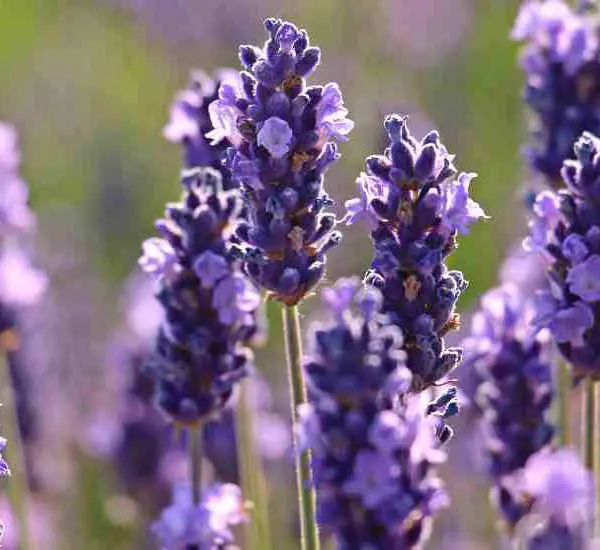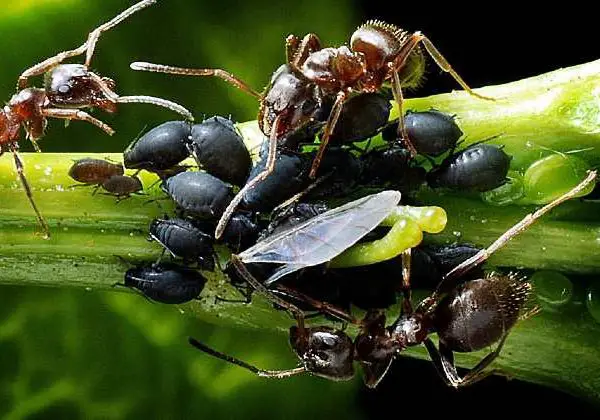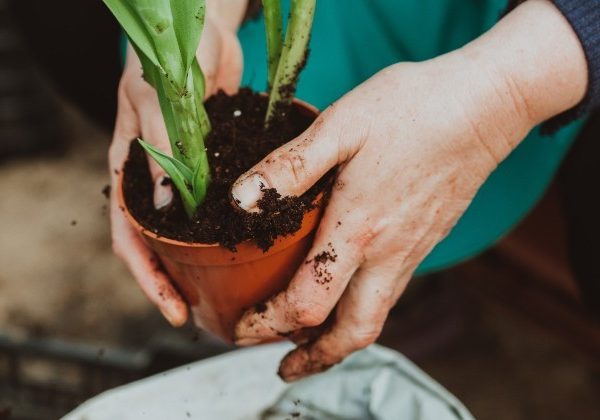Weeds are taking over your garden and ruining the vibrant landscape of your exterior. Eliminate these weeds with simple, natural solutions and create space for your beautiful plants to thrive.
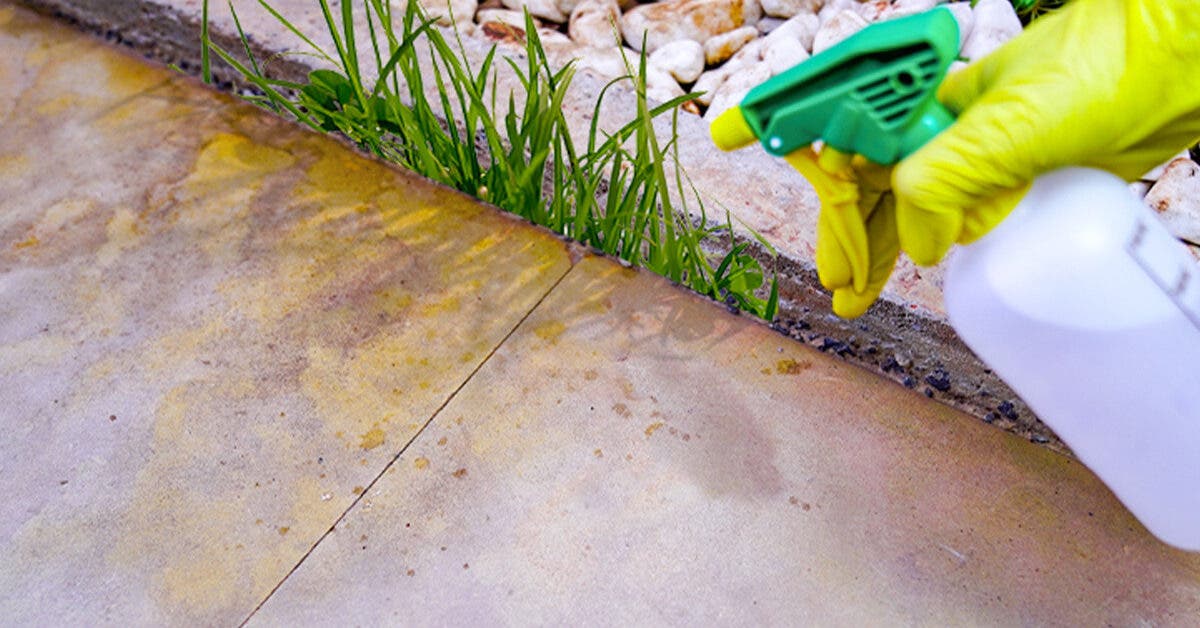
Why Choose a Powerful Homemade Weed Killer?
Weeds can be a real nightmare for any gardener, whether amateur or professional, by diminishing the beauty of your lawn or garden. While manual weeding is the most effective method, it can be time-consuming and exhausting.
Chemical herbicides available in DIY stores offer a quick fix and can often eliminate weeds with just a spray. However, concerns about aggressive chemicals, particularly those containing glyphosate, which can disrupt bee navigation, may make you hesitant to use them.
Luckily, you can create a powerful, natural weed killer using common kitchen ingredients. Here’s how:
Recipes for Powerful and Natural Weed Killers
To maintain your garden and remove weeds from your plants, vegetable garden, paths, or terraces, there are natural and economical methods available beyond manual weeding.
1. Lemon Juice Weed Killer
Rich in citric acid, lemon juice is a natural herbicide that can alter and dry out weeds.
- How to do it: Squeeze five lemons to extract the juice. Pour the juice into a spray bottle and apply it directly to the weeds, ensuring the leaves and stems are thoroughly soaked.
2. Baking Soda and Vinegar Weed Killer
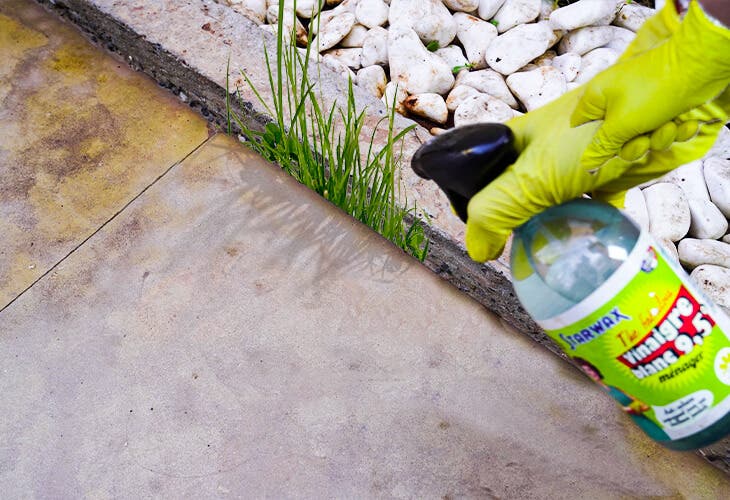
The combination of baking soda and vinegar is an effective, natural remedy for weed control.
- How to do it: Mix 250 g of baking soda with 5 cl of white vinegar, adding a few drops of lemon juice if desired. Spray this solution directly onto the weeds. You can also use baking soda alone by sprinkling it on weeds (avoid flowers and lawns). The weeds will turn brown or black and become easier to remove.
3. Boiling Water
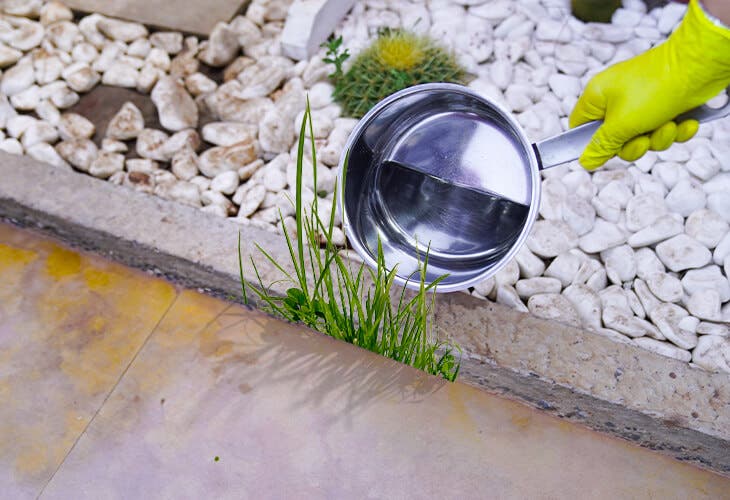
Boiling water is another effective way to kill weeds.
- How to do it: Boil water in a saucepan or kettle. Pour the boiling water generously over the weeds, especially between slabs or driveways, making sure it reaches the roots. Repeat regularly to keep your outdoor space weed-free.
4. Corn Gluten Meal
Corn gluten meal acts as a seed inhibitor rather than killing existing weeds. It is particularly effective for controlling crabgrass in lawns.
- How to do it: Spread corn gluten meal evenly over the soil during the crabgrass germination period. Lightly water the soil (about 6 mm of water will suffice) and let it dry. Note that corn gluten meal will prevent all plants from germinating, so avoid using it when seeding your lawn.
5. Propane Torch
A propane torch works similarly to boiling water by burning the weeds. Use a long-handled model to avoid bending down.
- How to do it: Get a long-handled propane torch and direct the flame toward the center of the weed. Burn the weed until it is dead.
- Precautions: Never use this method around children or pets. Wear protective clothing, and avoid using the torch in windy conditions or brushy areas.
6. 70° Alcohol Spray
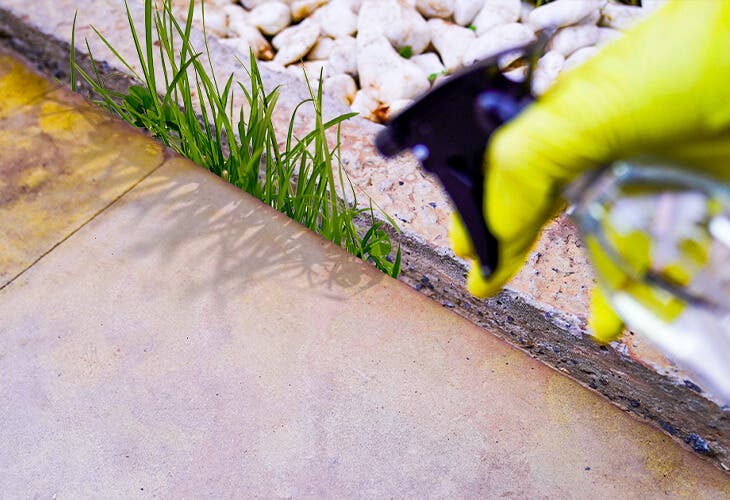
Rubbing alcohol is a dehydrator that can effectively kill weeds.
- How to do it: Mix half a liter of water with a tablespoon of 70° alcohol. Transfer the mixture to a spray bottle and apply it directly to the weeds, avoiding your desirable plants. Repeat as needed to see the weeds dry up and disappear.
7. White Vinegar
White vinegar is one of the best and easiest natural weed killers. For stubborn weeds, use a stronger vinegar with a 20% acetic acid concentration.
- How to do it: Mix 1 liter of white vinegar with 1 tablespoon of dishwashing liquid in a spray bottle. Apply this mixture to the weeds. The acetic acid targets the weeds, while the dishwashing liquid helps the vinegar stay in contact with the leaves longer.
How to Prevent Weeds Naturally?
Preventing weeds naturally is crucial for maintaining a healthy, green lawn. Here are some tips:
- Less frequent, deeper watering: Instead of watering frequently for short periods, opt for deep watering once or twice a week for about 10 minutes. This benefits the grass more than the weeds.
- Maintain healthy soil: Healthy soil discourages weeds. Use organic fertilizers to keep the soil and roots in good condition.
- Hand weeding: Pulling weeds manually is effective. Use a weeding tool or gardening knife (like the hori hori) to dig under the plant’s crown and remove the weed entirely.
- Review your mowing routine: Mow at a higher setting to prevent weeds from breaking through the soil. Denser grass helps smother weeds. Remove weeds before they spread seeds to prevent further growth.
Additional advice: After weeding, apply a thick layer of mulch to block sunlight and prevent weeds from regrowing.
FAQ
How does vinegar work to kill weeds?
The acetic acid in vinegar acts as a contact herbicide, breaking down the cell walls of weeds and causing dehydration. Target the weeds carefully for best results.
How to make an ultra-powerful weed killer?
Mix 1 liter of white vinegar, 10 ml of dishwashing liquid, and 40 g of salt. Pour the mixture into a bottle and spray it on the weeds. Let the solution work for a few days, then pull out the weeds by hand.
What is the difference between a natural weed killer and a chemical weed killer?
Natural weed killers use plant-based ingredients like vinegar and salt, which are less harmful to the environment. Chemical weed killers, on the other hand, use synthetic, toxic ingredients that can harm health and disrupt ecosystems. While chemical options might provide immediate results, natural remedies are safer for both health and the environment.

